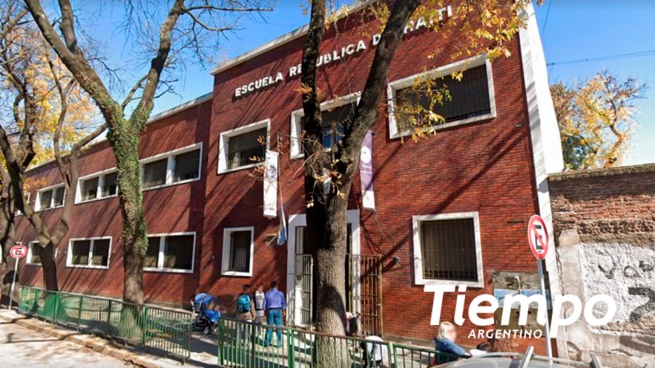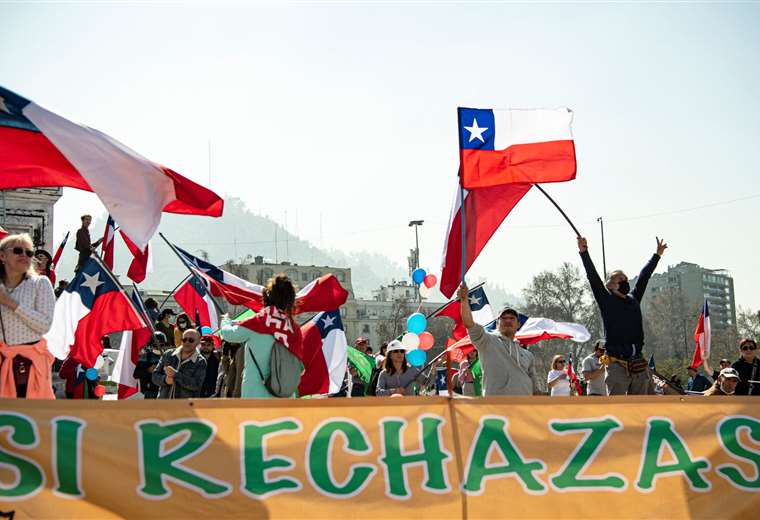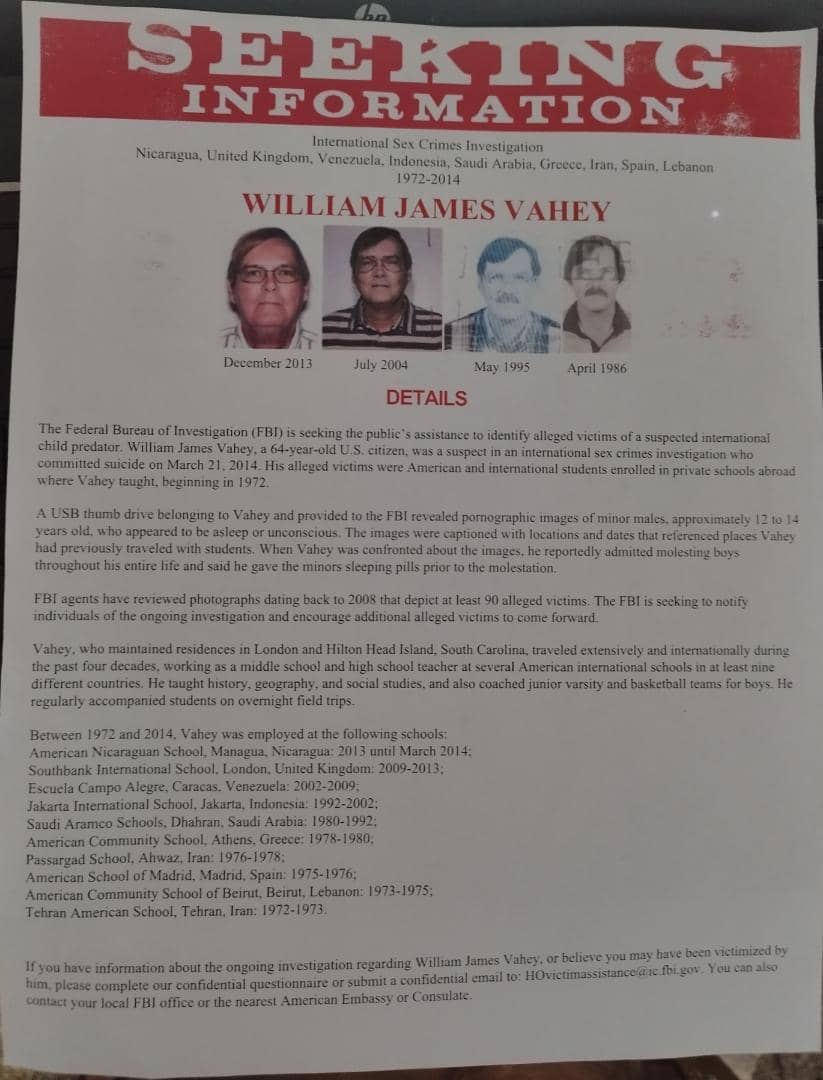Alejandra Giusti talks about the empty chair that M left in the classroom. cry. The 11-year-old girl was her student three years ago at School 11 of School District 5, in Barracas. Last Monday she died at Penna Hospital. On Friday it was learned that she had bilateral pneumonia. But she had much more than a respiratory pathology: she had been dragging for years nutritional deficiencies and unsatisfied basic needs. The school had warned him and the case had escalated to the Council of Girls, Boys and Adolescents of the City Government. The responses from the State to protect her (including from SAME) never came. It was a case that exposed something bigger: the lack of protection of vulnerable children in the richest district in the country. Tomorrow they will march from the school to the Buenos Aires Government Headquarters.
“What happened could have been avoided. All the organizations that are created for these situations are collapsed or underfunded. In 2020, the School Orientation Team (EOE) realizes the seriousness and refers it to the Council. From there it is derived to the zonal ombudsman. Apparently the only intervention was with calls to the mother, and since she did not answer, no more was done. That is what we are denouncing. That State interventions in the most vulnerable sectors do not appear, and these things happen. M went through three groups, we are trying to contain them and contain ourselves. Absence, an empty space in the classroom, is very difficult”, laments Giusti. He cries again. “Right now in our district there are 1,030 boys and girls with referrals. We are in Villa 21-24, a territory that does not have its basic needs guaranteed, to that we must add the rest». Added to these shortcomings was the fact that the SAME ambulance did not arrive when the girl fainted in class. Two days later, she died.
“There is not a single M. There are other boys and girls at risk,” also warns Ramiro Gerber, of the Permanent Assembly for Human Rights in CABA. A few minutes ago he left a meeting with the educational community of School 11, which tomorrow marches from there to the headquarters of the Government Headquarters in Parque Patricios, to demand that “the system of promotion and comprehensive protection” be urgently strengthened. children and adolescents of the city.
“There is a systematic violation of their rights – denounces the lawyer -. You ask for a snack booster and they give you one more sandwich, which does not mean that it is a more nutritious snack. And you have to go through paperwork to support it; all digital, which a lot of people don’t have access to.” Since M entered in 2017, the school detected the need for help. In 2018 and 2019 they presented a medical certificate for a hypercaloric booster. “This reinforcement, which was insufficient, was not granted last year,” they denounced from their educational community.
a turning point
“The alerts were there and they all failed. The focus must be placed on the entire system of protection and promotion of rights. Specifically in the responsibility of the Council of Boys, Girls and Adolescents of the City”, points out the legislator Maru Bielli, of the Front of All. And she adds that the school guidance teams “are completely collapsed.” In the district where M studied, there are 14 workers -7 per shift- to follow more than a thousand cases.
From these teams they refer to the Council, which is decentralized in zonal ombudsmen. “The Ombudsman’s Office 4 of Zavaleta, like the rest of those in the south, has incomplete teams,” Bielli continues. It’s been a long time since the government called for a contest to have all the professionals according to Law 114, which is advanced. We do not have problems of regulations but of hierarchy in budgetary terms. A case like this should be a turning point.”
A fundamental aspect is the need for investment. he General Directorate of Food Policies has a budget of 21.7 million for the whole year. However, in the first semester it executed only 36%. The legislator points out that another “bottleneck” occurs around the Primary Health Care Centers (CESAC), to which boys and girls are referred to remain on very long waiting lists. «That the network works depends on the volunteerism of workers who juggle with the few resources they have, with many holes that explain cases like M. It should not be seen as something isolated but as part of a systemic problem. In the richest city in the country, it is unacceptable, “concludes Bielli, who intends to summon the president of the Council, Karina Leguizamón, before the Legislature.
For Laura Musa, director of Fundación Sur –which is part of the Infancia en Deuda group–, a key lies in the lack of dissemination of the System for the Protection of Children’s Rights. «People know that they can go to a hospital or a police station but they don’t have the slightest idea –at this point I think it’s on purpose– that they can go to Niñez, to the Ombudsman’s Office. Either because he was left without a vacancy or because the food with supplements does not arrive or for whatever reason. She also points against the role of the Council: “It has personnel, what there is is insufficient training, and I would dare to say, training of the authorities that preside over it.” «
Another problem: the closure of homes
This same week another problem emerged that affects boys and girls who depend on the Buenos Aires State: those who live in residential homes. The closure of Little Dreams – also in Barracas – implies the transfer of twenty children to other places, separating them from their group, their school and their trusted caregivers. A revictimization for those who have already suffered violations. The institution argued that they close due to insufficient resources provided by the City.
The Hogares en Red collective warned that it was not the only case – Descanso Miquelina, in Caballito, also closes – and that all households face the same risk. “For five years the budget has not been updated according to inflation and salary increase percentages,” said Patricia Pérez, head of the Soles en el Camino home and one of the founders of the Network. “That we institutions should, As the only alternative, seeking charity is not what the law proposes based on the responsibility of the State, “he questioned.








